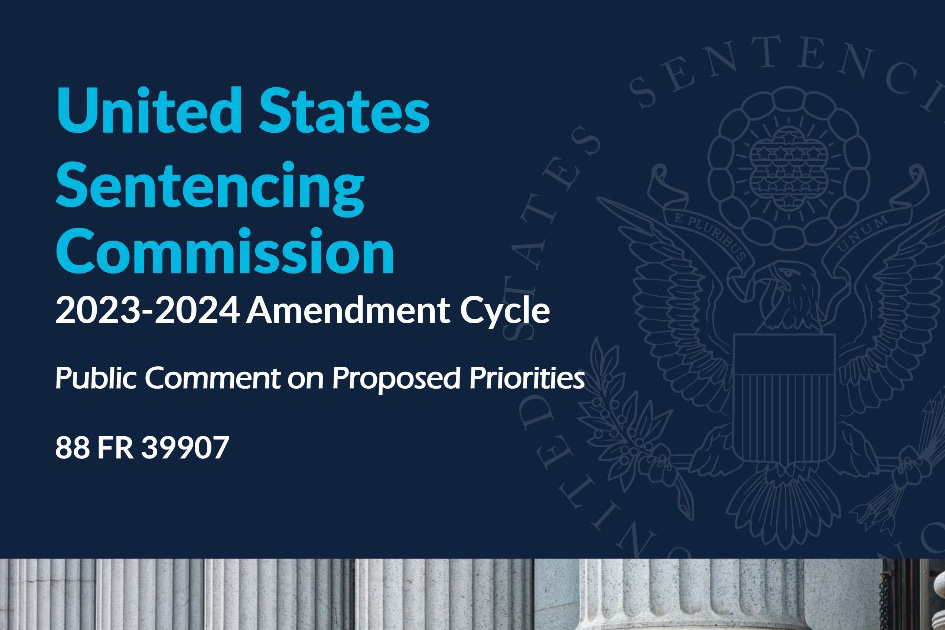Under the current guidelines the so called “Terrorism Enhancement increases recommended sentences for terrorism-related offenses from a few months or years to no less than 17.5 to 21.8 years. This is especially insidious for first-time, non-violent offenders (e.g. someone who donated $100 online to a foreign terrorist organization, someone who provided an online contact to help another individual travel to marry someone in a foreign terrorist organization, often as a result of FBI entrapment tactics). The Enhancement treats these offenders the same as those who independently planned and executed a terrorist attack that killed people. There are already sentencing guidelines punishing violent behavior like terrorist attacks outside of the Enhancement; but, the Terrorism Enhancement scoops up young, non-violent, first-time offenders as well. The justification for the Enhancement—that ‘terrorists’ are irrational and beyond rehabilitation, hence the need for a severe sentence—is rooted in bias, not empirical evidence.
In order to expand the Commission’s focus to include the Terrorism Enhancement, MLFA’s Criminal Defense Department submitted a Public Comment authored by Sufia Khalid on August 1, 2023 to the United States Sentencing Commission (USSC) recommending reform of the draconian Terrorism Enhancement. MLFA’s public comment highlights the lack of evidence and how the available data indicates that non-violent, first-time terrorism-related offenders are not more likely to recidivate than any other offender. The comment also highlights the Enhancement’s discriminatory application towards Muslims compared to white, Non-Muslim defendants (such as the January 6th rioters) and the necessity of exploring rehabilitative, diversionary programs as alternatives to lengthy prison sentences. MLFA’s comment marks the first time that any organization or individual has specifically brought the discriminatory application of the Terrorism Enhancement to the Commission’s attention for reform.
The Commission will review MLFA’s comment along with others before deciding on its final reform priorities and again before making its final recommendations to Congress. The Commission only publishes a “carefully selected” sample of the comments it receives to show what information is considered during their deliberations. In a hopeful sign that this issue will begin to the get the attention it deserves, MLFA’s Comment was published as part of the Public Comment.
Read the Criminal Defense Department’s Public Comment HERE.

